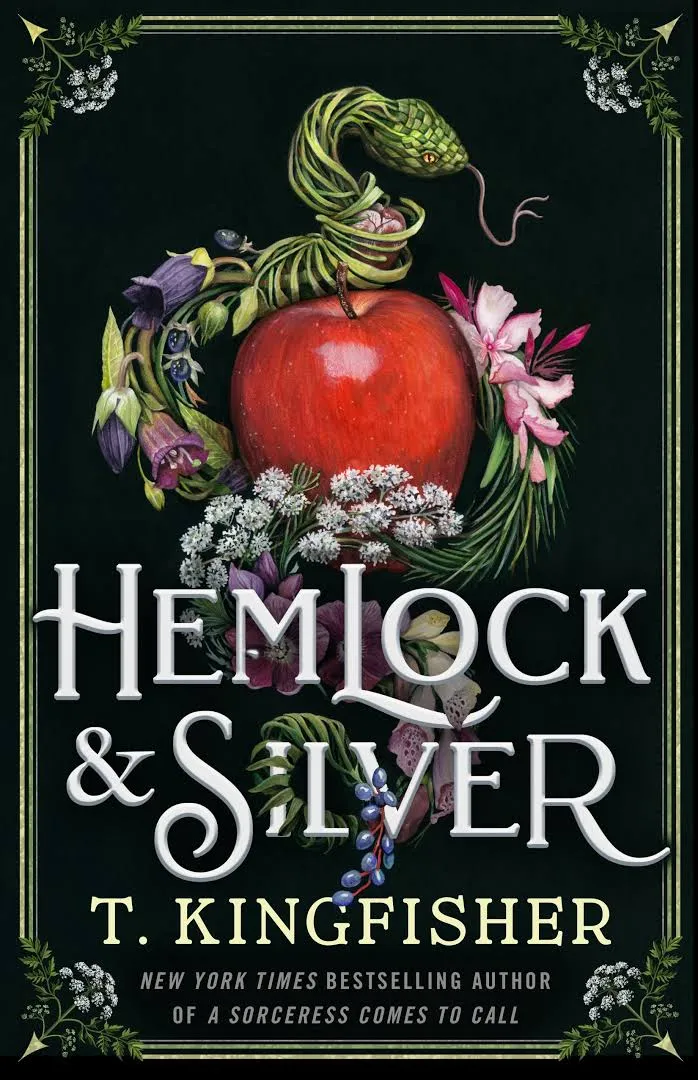Dear Writers, Don’t Be Afraid of Rejection
- Chyina Powell

- Sep 28, 2021
- 5 min read
Dear Blah Blah Blah,
We are sorry to inform you that your piece is not right for us at this time. And so on and so on.
How many times have you seen an email like this? I know I have seen them more times than I have seen acceptances. Sometimes you write something and you think it is gold and while it may need some small edits, it is nothing too serious and so, you send it into a press or magazine or something similar in hopes that their next issue will include your work. You may wait one month, two, sometimes up to six (depending on where you sent it) only to get a no-reply email stating that your piece wasn’t chosen and that they wish you the very best of luck in your future as a writer. They don’t tell you why it wasn’t accepted or what you could work on in the future just that they wish you luck. True, some publications offer a critique for an extra fee but other than that, you are just out of luck.
And then there’s what comes after.
Of course you are angry and upset that you wasted your money on the submission fee for the publication. You’re even more mad that you waited so long before you could even get a response from whatever publication you sent it to. You feel that, if they were going to reject it, they probably could’ve told you sooner. I mean, come on, their slush pile couldn’t be that big! Since you have no idea what was wrong, you go through your work with a fine-toothed comb. You check over every comma and semicolon, you go back to the basics and consider how you laid out the conflict, if the world you created is believable enough, if the names of your characters are too hard to pronounce, if there was a run-on somewhere or a dangling participle. And though you may find a few small things, you scratch your head because nothing seems to be a deal breaker. And so you sigh and start to think that maybe your piece was garbage but you couldn’t see it. Some writers out there may retire that piece, others will correct those small errors they found and then send it somewhere else. Some may decide to become hermits or potatoes, never to see the light of day again. Who knows? But what is true for many is that rejection often leads to dejection. One more piece was rejected by one more publication. And it doesn’t feel good. Trust, I am speaking from experience.
There are a few questions that I’d like to answer today. One is how do you fight anxiety while waiting to hear back? The second is how deal with the rejection once it comes. And finally, what happens after all that is said and done?

Preventing Anxiety
Pre-response jitters. Even published writers get them from time to time. This is especially true when you have a piece that you really love or when you’re sending something off to a publication you really admire. For example, I am sure anyone who sends something (solicited) to The New Yorker would be terrified. But that is just a personal opinion.
One way to handle these nerves is to just keep writing. It may seem simple but there’s more to it. You have to completely ignore the project you sent in. Don’t reread it or ask others to workshop it because once you start hearing feedback, your nerves may just get worse. This is especially true when your beta readers aren’t familiar with your style or the genre you may be writing in. So, lay it down and pretend it doesn’t exist for a while. Then you have to sit down at your desk and write. Write as though your life depends on it because you are a writer and that is what you do. For me, I try to write something completely different than what I sent in for review because if I don’t, my mind will keep going back to that piece and the more I think about it, the more nervous I become. If the tone in what I sent off was light, the tone in my new piece will be dark and maybe a bit morose. It is just something that helps me to focus on my current project instead of my previous one.
One thing I must mention is that the piece you write doesn’t have to be good. It doesn’t have to ever see the light of day. In fact, you can write a nasty letter that you never send or a journal entry or something similar. It isn’t what you write that is important, it is the act of focusing on something to take your thoughts away from the rejection.
I am curious to know what ways you deal with jitters, so please leave your tips in a comment down below.
Dealing with Rejection
A pit of despair. That is how rejection feels to some but I think of it as more of a parasite, a tapeworm that saps your energy no matter how you try to replenish it. Its grotesque negativity can eat away at you if you let it, so you can’t. Easier said than done, sure but it can be one. And here is a small list of fun ways to deal with that rejection. Mainly, by messing with that letter.
Print out that letter or email and make a decoupage stool or chair out of it. Nothing is better than sitting on a pile of rejection. Or so I’m told.
Write out a rejection letter to that publication saying that you reject their rejection. Like Bartleby the Scrivener, most writers have in innate talent to write sarcastically. That being the case, write out a letter, print it out and hang it on your wall. Or you can mail it to yourself. It’ll give you a laugh and help alleviate the anger that rejection brings along with it.
Treat yourself. Act better to yourself than you would have if you’d gotten accepted. Go on a trip with your friends, splurge on a big meal, spend the night in a four-star hotel. Do whatever would make you smile and make it big. For us bookish people, that may mean allowing yourself to a $300 book haul, who knows?
Print out those letters and keep them in a collection. They could be in a folder or you can use them as decoration. Have you seen those leaf-covered mason jars? Now with rejection letters. Or maybe you can make a collage and hang it up.
Remember that you are a writer. And as a writer, you are awesome!
Staying Encouraged After Rejection
Remember that rejection isn’t the end of the world.
Perhaps that publication wasn’t right for your piece. Always familiarizing yourself with a publication before submitting. Using workshops and beta readers to improve chances of publication. Each publication has its own style and is looking for pieces that fit within that style therefore, if your piece doesn’t fit, don’t submit. Never force your piece to fit within the confines of a publisher. It will most likely force you to rewrite your piece when you could’ve searched a little longer and found a magazine or press that is right for you.
If you happened to receive feedback, take it seriously. Look at it and determine if the advice is valuable for you or if it is plain poppycock. As I stated in an earlier blog, Don’t Be Impressionable: Ignoring Well-Intended Advice not all advice is good advice.
Never forget that your rejection now will help toughen your skin so that, in the future, you will be able to not take it personally. Additionally, you will value the critique more and keep pushing forward with your writing career. Rejection is inevitable, even the most popular writers have experience with it, but you have the choice to let rejection break your spirit or help propel you forward.
Happy writing,
Chyina




Comments